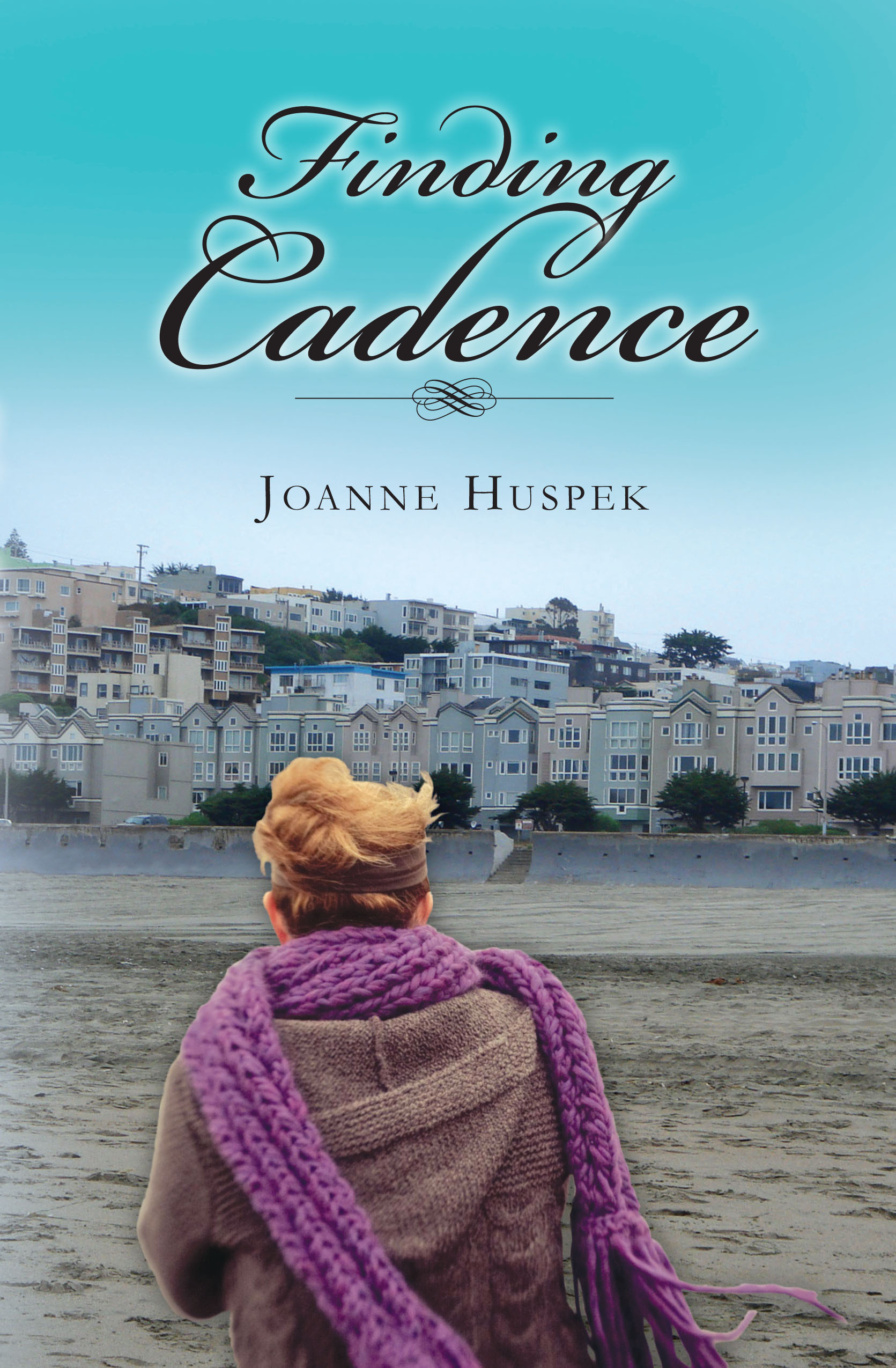I’m armpit deep into writing a story I’ve been toying around with for the last two years. After much research (it takes place in the fairly-distant past so I’ve been beefing up on books from the period), some writing (short sketches and scenes), and a little thought (I know! I’m such a pantser, but now I’m planning ahead?), I’ve decided to narrow down my main characters to three very distinct and different people.
My problem, as I’m sure other writers will admit as their own, is that my characters begin on the written page sounding like me. Which, yes, parts of me are in every story I write, but if you have three people who sound the same telling basically the same story, the reader is going to notice in a heartbeat. What a turn off.
I hadn’t noticed this flaw until my Editor for Life pointed it out to me as he was reading the first draft of the first novel I sent him. Seven characters, six of them women, and they all sounded alike. (Like ME.) Only the male character didn’t sound like me, because I’d based him *roughly* on an author friend of mine – wildly enhanced, of course.
My same-sounding characters had to go through a personality change, so that the readers could differentiate who was who. Granted, this isn’t hard to do when you have a completed 90k+ manuscript, but it does take some time. As outlined by my previous blog posts, the best way to accomplish this is to have each character answer a series of questions, both on physical characteristics and emotional foibles. No two Real people are alike, as are no two characters, even if they are the best of friends.
It’s one thing to come up with a story line, a sequence of events, a beginning-middle-end, but it’s another thing altogether to come up with believable characters who sound fresh and realistic and unique.
In my current work, one of my characters is a young woman in her 20s who has been wronged by her husband. She’s grown up in the 1960s in a traditional family. Like many women of that era, she believes her main purpose in life is to provide for her family (husband), and when she learns he’s flawed, her entire world falls apart.
This character is probably the easiest for me to write. She’s me, through and through. (In fact, I’m giving her my genetics and some of my life events as well as my personality – more on that at a later date.)
The next one is a teenager who has run away from home in search of a better life. She is not like me. She’s brave and pragmatic and open to possibilities. She doesn’t see beyond today, beyond this minute.
She’s so not like the first character I described.
The third is an older woman with a grown child with mental issues and a substance abuse problem and a young teenager. She emigrated from another country and is very old school, like to the point of being sadistic. But this is how she deals with her anger, at being a widow, and at having this adult child who is out of control.
She’s totally not like either of the other characters. In fact, she is so unlike me, I’m having a hard time writing her.
I’m not an actress, but if I were and had to play this woman, it would take me a long time before I could get the nuances of her character down, before I could play her to perfection. One, she’s not very likeable. (I might redeem her at the end. Still toying with that idea.) Her world view is narrow and sharp. I like to think of her as broken glass. She’s mean, too, mean enough where it comes off as malicious.
It takes a great deal of effort to write a character who is diametrically opposed to how the author is. I have to sit in a room and play out her motivations in my head. In essence, I have to become her. Which could get messy. I could become just as mean-spirited and negative as my character. (Just a warning.)
I’m not sure how others find their characters’ voices. For me, this is the only way.







